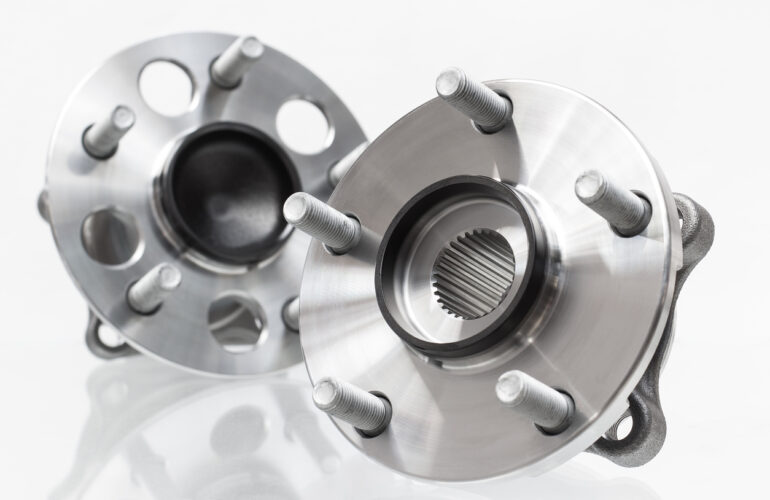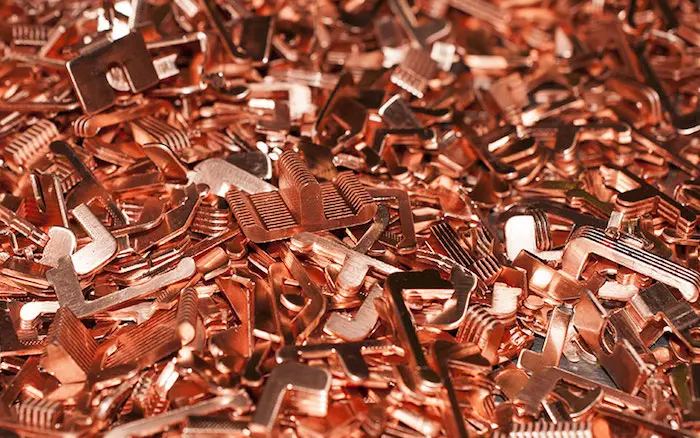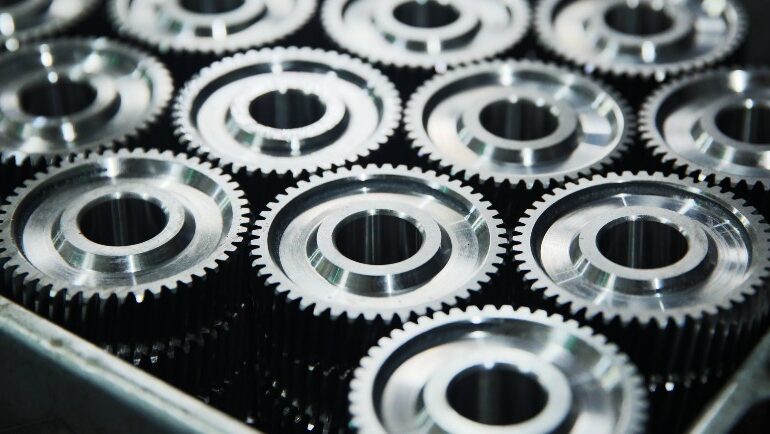In precision mechanics, where every micron can make the difference between the success and failure of a component, accurate measurement is fundamental.
Among the fundamental measurement tools used in this sector are primary gauges, which represent the keystone of precision in this field.
What are Primary gauges?
Primary gauges are reference measurement instruments that establish reliable and precise measurement standards. They are used to calibrate and adjust more common measurement tools, such as micrometers, calipers, and comparators.
The accuracy and precision of Primary gauges are essential to ensure that measurement results are reliable and repeatable, allowing the production of high-precision mechanical components.
Uncompromising precision and accuracy
Primary gauges are characterized by high precision and accuracy without compromise. They are manufactured using high-quality materials and advanced production technologies, such as 3D printing and optical microscopy, to ensure that the measurements provided are as close as possible to the true value of the measured quantity.
This precision is crucial to ensure that mechanical components meet the required quality standards in critical sectors such as aerospace, automotive, tool manufacturing, and many others.
Specific applications in a variety of industries
Primary gauges are used to measure a wide range of quantities, including lengths, diameters, thicknesses, and other critical dimensions of mechanical components.
They can be employed in a variety of industrial sectors, including:
- Aerospace: for the production of critical components for aircraft and satellites, where precision is essential for safety and reliability
- Automotive: for the measurement of components such as crankshafts, pistons, and bearings, where precision is necessary to ensure optimum performance and durability
- Tool manufacturing: for the verification of cutting and milling tools, guaranteeing the precision and quality of finished products
- Research and development: for the measurement of components in new materials and technologies, where precision is fundamental for innovation.
Calibration and maintenance: the key to longevity and reliability
Regular calibration of Primary gauges is essential to ensure that they maintain their precision over time. Calibration is performed using reference standards traceable to national or international standards, ensuring compliance with rigorous quality standards.
It is also important to perform proper maintenance of the instruments to preserve their performance over time, including regular cleaning, lubrication, and occasional recalibration, guaranteeing the longevity and reliability of Primary gauges.
A fundamental contribution to quality and compliance
Correct measurement with Primary gauges is essential to ensure compliance with quality requirements and customer specifications. It ensures that the components produced meet the required precision standards and minimizes the risk of defects or non-conformities, contributing to the success of precision manufacturing operations.
Primary gauges therefore play a crucial role in maintaining the high quality standards required in the precision mechanics industry.



